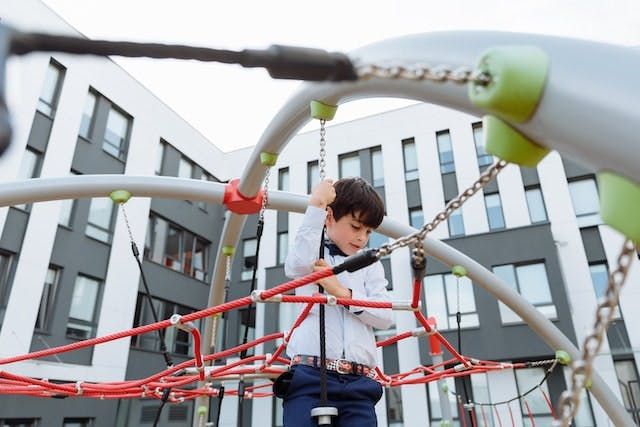
Hamas, Defying Trump, Eyes Keeping Control of Gaza
By THE NEW YORK SUN
|Preying on parental anxieties, more products and services suggest that trusting some basic skills to kick in on their own is an iffy — or at least time-wasting — proposition.

Already have a subscription? Sign in to continue reading

By THE NEW YORK SUN
|
By CAROLINE McCAUGHEY
|
By JOSEPH CURL
|$0.01/day for 60 days
Cancel anytime
By continuing you agree to our Privacy Policy and Terms of Service.